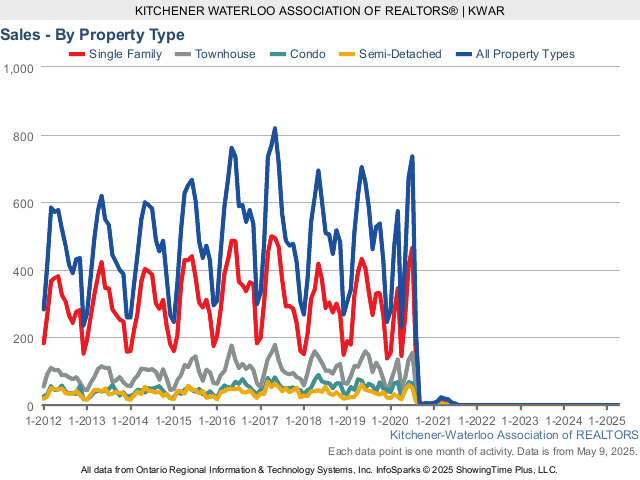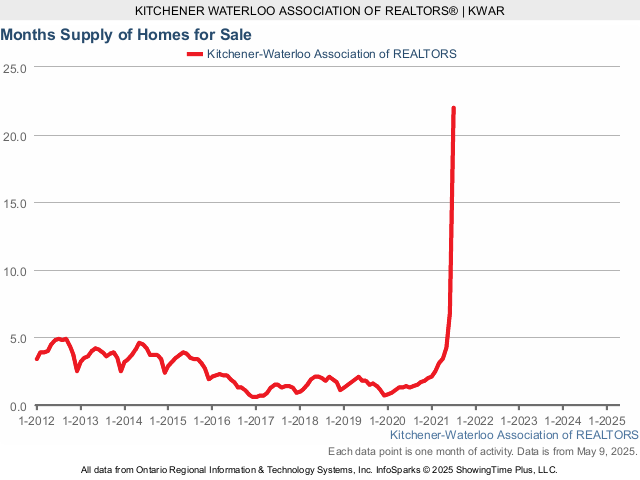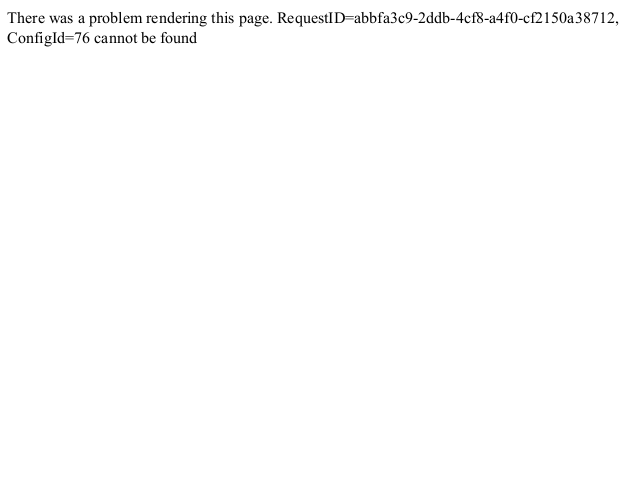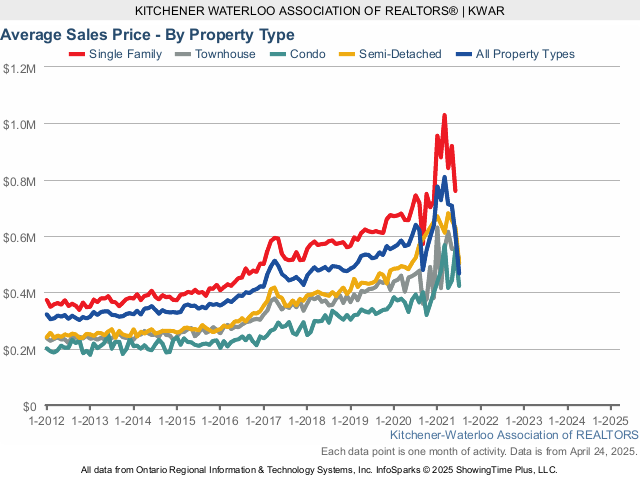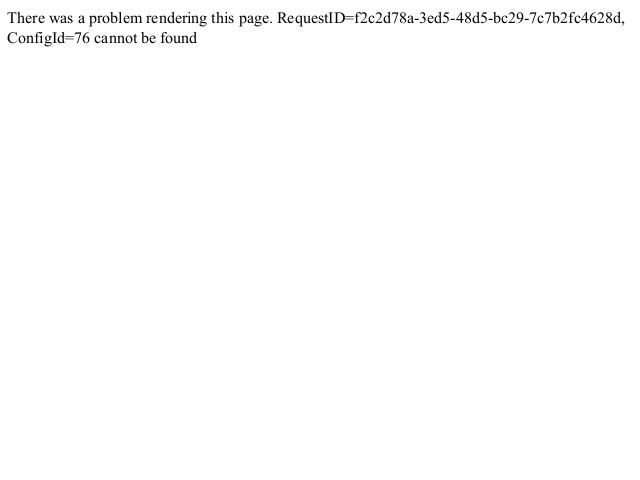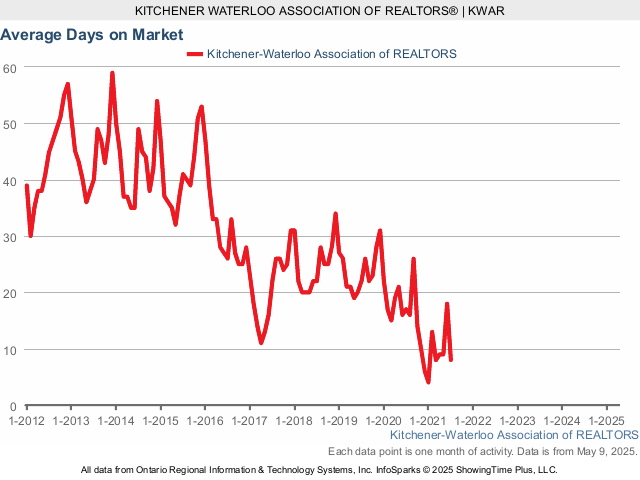Do you have significant debts as a result of overspending? If you do, you are not alone. Modern society makes it particularly easy to spend more than we really should. However, if you want to clear your debts and have greater peace of mind, it is important to tackle the root cause, which is overspending.
Overspending can be an indicator of a deeper issue as well and therefore, it should be addressed properly. This article suggests some useful tips to help you know how to avoid overspending.
1. Accept that a problem exists
In order to seek a solution to something, you must accept that the problem exists. Try to decipher the reasons behind your overspending. Identify situations that make you overspend. Understanding the root cause of your behaviour will assist you in finding a workable solution to your extravagant ways. People tend to hide and ignore such issues as if they don’t exist at all. Your refusal to admit that you overspend will never let you conquer your shopping impulses.
In order to seek a solution to something, you must accept that the problem exists. Try to decipher the reasons behind your overspending. Identify situations that make you overspend. Understanding the root cause of your behaviour will assist you in finding a workable solution to your extravagant ways. People tend to hide and ignore such issues as if they don’t exist at all. Your refusal to admit that you overspend will never let you conquer your shopping impulses.
2. Be aware of how much money you spend
Many chronic spenders live in denial about how much they spend. If you realize how much you spend on various items, this alone may be sufficient to reduce your spending. Keep a log of your daily spending, or go through your bank accounts, credit card statements and add up how much you spend on different items and decide whether you really want to spend that much money.
Many chronic spenders live in denial about how much they spend. If you realize how much you spend on various items, this alone may be sufficient to reduce your spending. Keep a log of your daily spending, or go through your bank accounts, credit card statements and add up how much you spend on different items and decide whether you really want to spend that much money.
3. Set a financial limit
If you really have trouble controlling your spending it will be very effective to give yourself strict amounts of spending per week. This will work most effectively with cash because it is easier to monitor. If you learn to live on a limited amount per week, you will value money more and learn more frugal habits.
If you really have trouble controlling your spending it will be very effective to give yourself strict amounts of spending per week. This will work most effectively with cash because it is easier to monitor. If you learn to live on a limited amount per week, you will value money more and learn more frugal habits.
4. Plan your purchases ahead of time
Planning ahead can really help with grocery shopping and buying gifts. You can actually take advantage of sales and only buying things that you really need.
Planning ahead can really help with grocery shopping and buying gifts. You can actually take advantage of sales and only buying things that you really need.
5. Avoid impulsive purchases
Make an effort to have a moment of reflection before buying anything. If you see something you would like to buy, try waiting a day before actually committing yourself to making the purchase. If you really want it, you will come back. This also gives you the chance to find other things that may be better.
Make an effort to have a moment of reflection before buying anything. If you see something you would like to buy, try waiting a day before actually committing yourself to making the purchase. If you really want it, you will come back. This also gives you the chance to find other things that may be better.
6. Do comparison shopping
As prudent spenders, comparison shopping is a prerequisite to smart spending. With great tools online, it is getting easier and faster to comparison shop. Make a habit of searching newspaper flyers for your weekly grocery items.
As prudent spenders, comparison shopping is a prerequisite to smart spending. With great tools online, it is getting easier and faster to comparison shop. Make a habit of searching newspaper flyers for your weekly grocery items.
7. Use cash – avoid credit cards
Avoiding credit cards helps in overcoming the impulse of overspending. You should carry only the amount you intend to spend. This, in turn, prevents you from indulging in unnecessary purchases and expenses.
Avoiding credit cards helps in overcoming the impulse of overspending. You should carry only the amount you intend to spend. This, in turn, prevents you from indulging in unnecessary purchases and expenses.
8. Avoid spending by habit
Quite often a lot of our spending is a daily habit. However, this spending could easily be unnecessary. For example, if you buy takeout coffee every day, why not invest in a coffee machine. Just because you spend $10 a day on lunch doesn’t mean this habit has to continue forever. Try taking your own lunch. Re-evaluate all your habitual spending patterns and decide whether it is necessary.
Quite often a lot of our spending is a daily habit. However, this spending could easily be unnecessary. For example, if you buy takeout coffee every day, why not invest in a coffee machine. Just because you spend $10 a day on lunch doesn’t mean this habit has to continue forever. Try taking your own lunch. Re-evaluate all your habitual spending patterns and decide whether it is necessary.
9. Reward yourself on every success
Make sure that you reward yourself with a lucrative incentive every time you control an urge to shop. Encourage yourself to exercise restraint. Every success over compulsive spending calls for a pat on your back and is worth an enticing reward so that you can bring yourself to avoid overspending the next time. Make sure you don’t head off to the market to reward yourself, or the entire purpose will be defeated.
Make sure that you reward yourself with a lucrative incentive every time you control an urge to shop. Encourage yourself to exercise restraint. Every success over compulsive spending calls for a pat on your back and is worth an enticing reward so that you can bring yourself to avoid overspending the next time. Make sure you don’t head off to the market to reward yourself, or the entire purpose will be defeated.
10. Get help
If you are unable to control your spending impulse, then you must admit this drawback and accept help from your spouse or relatives. Ask them to help keep control over you so that you do not spend more than required.
If you are unable to control your spending impulse, then you must admit this drawback and accept help from your spouse or relatives. Ask them to help keep control over you so that you do not spend more than required.
In addition, you need to start valuing money and the hard work that goes in earning it. This thought and understanding will help you spend money in a responsible way.



